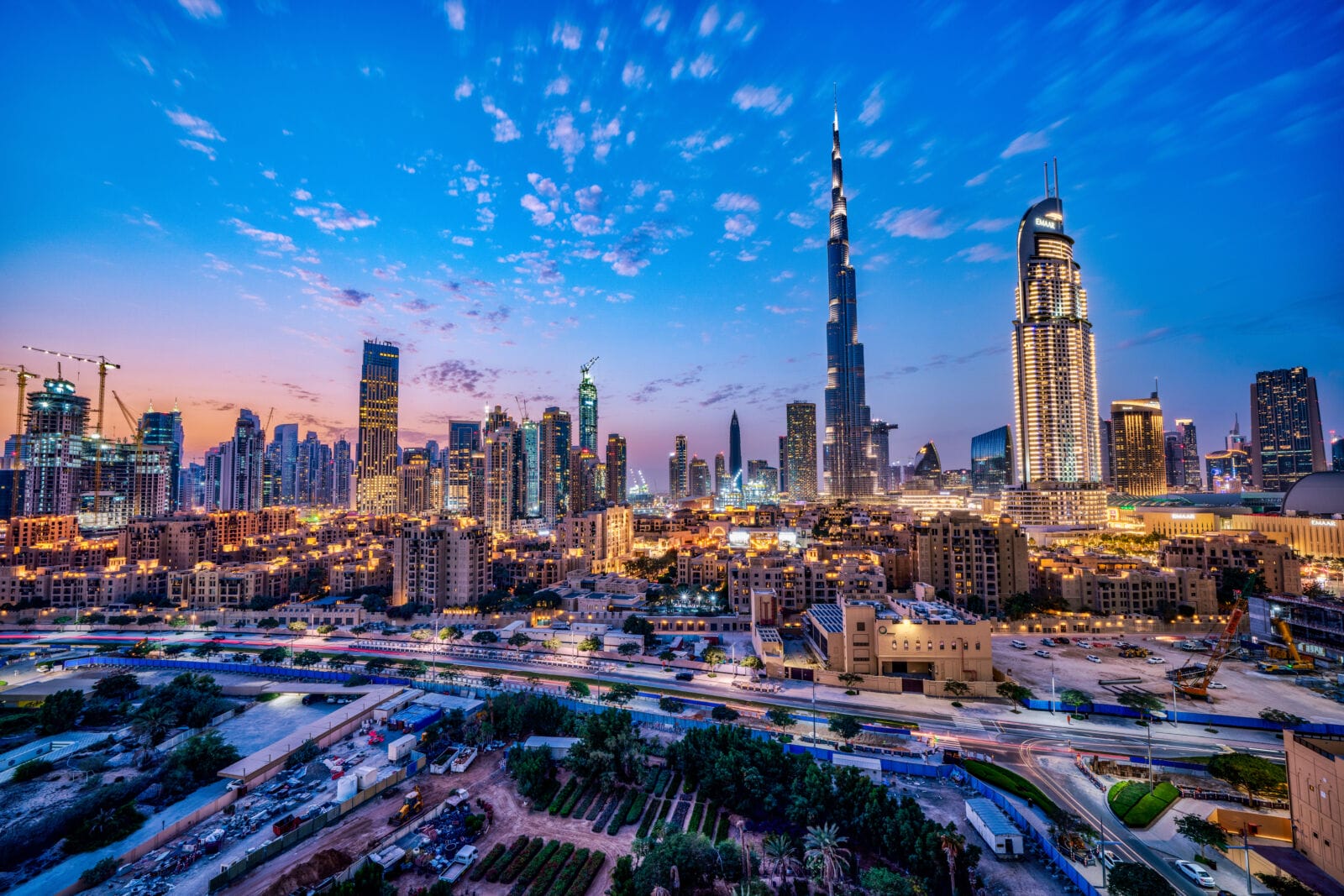Dubai Real Estate: Five Premium Investment Strategies for High Net-Worth Individuals
In the dynamic landscape of the global real estate market, Dubai stands out as a premier destination for investment, particularly for high net-worth individuals (HNWIs). Renowned for its lavish lifestyle, strategic location, and robust infrastructure, the city has transformed into a hub for wealthy investors seeking premium opportunities. This article outlines five sophisticated investment strategies that HNWIs can leverage to maximize their returns in Dubai’s real estate sector.
1. Luxury Residential Properties
Luxury residential properties represent one of the most lucrative investment avenues in Dubai. The demand for high-end living continues to flourish, driven by both local and expatriate communities seeking opulent housing options that reflect their status and lifestyle. Key areas such as Palm Jumeirah, Downtown Dubai, and Dubai Marina are particularly attractive for their stunning views, world-class amenities, and proximity to business hubs.
Investors can benefit significantly from purchasing luxury properties either for personal use or as rental investments, which yield exceptional returns due to high demand. With the increasing number of international events, tourism, and expatriate population growth, luxury apartments and villas often attract premium rental prices, providing investors with substantial income while retaining the potential for capital appreciation.
2. Commercial Real Estate
For HNWIs with a focus on long-term wealth creation, commercial real estate investments in Dubai offer a promising venture. Shopping malls, office spaces, and mixed-use developments are integral to the city’s thriving economy. The ongoing expansion of sectors such as retail, hospitality, and technology creates a fertile ground for commercial opportunities.
Investing in high-quality office buildings in strategic locations can provide significant rental yields, especially as new businesses continue to establish themselves in Dubai. Areas like Dubai Design District and Business Bay are particularly noteworthy for their rapid growth and demand for premium office spaces. Additionally, investing in retail properties near tourism hotspots can yield high foot traffic and, consequently, higher returns.
3. Readily Accessible Off-Plan Developments
Off-plan properties, which are sold before construction is completed, present another attractive investment strategy for HNWIs. Dubai’s real estate market has witnessed a surge in the popularity of such developments, particularly due to the potential for price appreciation against the backdrop of the city’s ongoing urban growth.
Investors can secure properties at lower prices during the pre-construction phase, benefiting from favorable payment plans and financing options. As these developments realize their full potential upon completion, investors can either capitalize on selling the property at a profit or hold it for rental income, leveraging the demand that these new properties generate.
4. Strategic Partnerships and Real Estate Funds
For those seeking to diversify risk, collaborating with other investors or participating in real estate investment funds can be an effective strategy. Real estate funds allow HNWIs to pool resources, share expertise, and invest in a diversified portfolio of properties across various asset classes.
This approach not only spreads risk but also offers access to exclusive investment opportunities that may not be available to individual investors. By leveraging the knowledge of seasoned fund managers, investors can benefit from insights into market trends and property valuations, thereby optimizing their investment strategies in a volatile market.
5. Sustainable Investments
As eco-consciousness rises globally, sustainable properties are gaining traction among discerning investors. Dubai has responded to this trend with initiatives aimed at promoting green development and environmentally friendly practices.
Investing in sustainable properties not only aligns with global sustainability goals but also attracts a growing segment of tenants who value eco-friendly living. Whether it’s through LEED-certified buildings or projects utilizing renewable energy sources, HNWIs have the opportunity to invest in properties that offer both financial returns and positive ecological impacts.
Conclusion
Dubai’s real estate market continues to evolve, offering numerous refined investment strategies tailored to high net-worth individuals. From luxury residential properties and commercial ventures to off-plan developments and sustainable investments, discerning investors can navigate this vibrant landscape effectively. By leveraging these strategies, HNWIs can enhance their portfolios, capitalize on potential returns, and contribute positively to the changing dynamics of the Dubai real estate sector.
In the age of globalization, Dubai’s allure as an investment destination is unlikely to diminish. With its unique blend of opportunity, lifestyle, and luxury, it remains a fertile ground for strategic investments, promising substantial rewards for those willing to engage with its complexities.
#Tags: #RealEstateNews #BusinessNews #UAE

